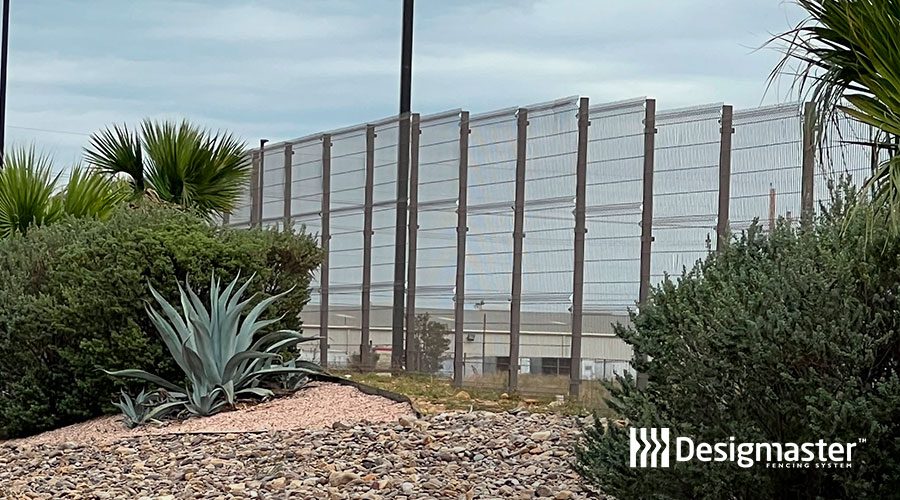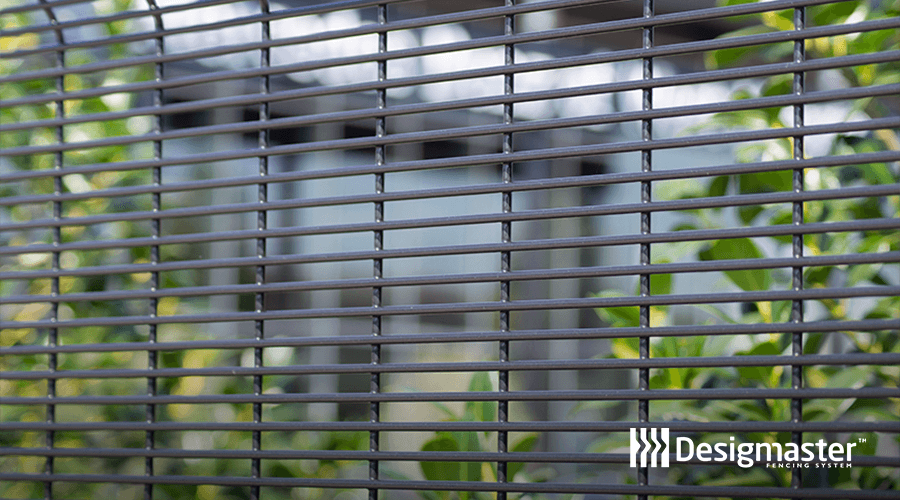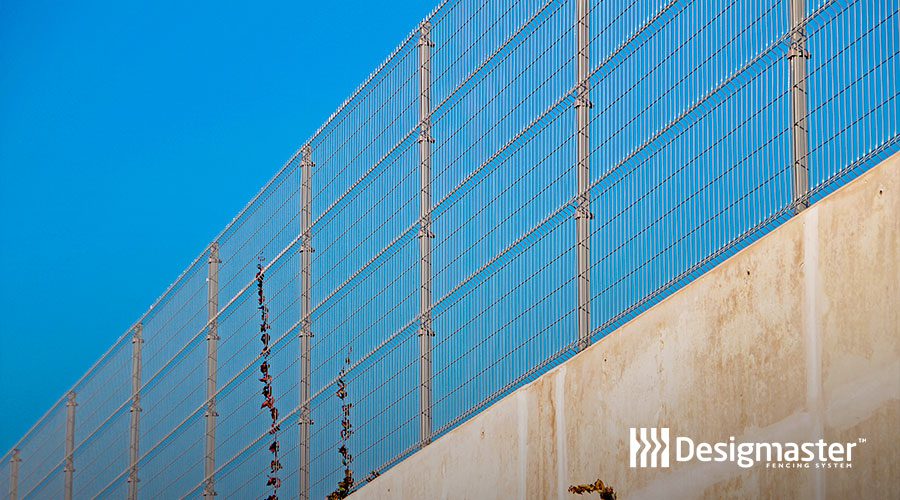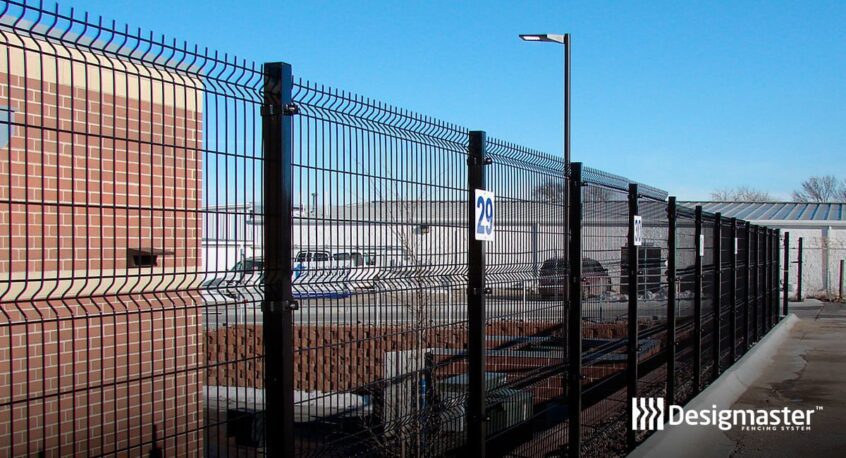Determining the best industrial fence depends on several factors, including the specific needs of the facility, security requirements, environmental conditions, and budget constraints. Different types of industrial fences offer various features and benefits.
Read on for some considerations for common industrial fence options.

Industrial fencing
Types of industrial fences
- High-security mesh fence: These types of fences can surely provide enhanced security with small mesh openings that make it difficult to climb or cut through. On the downside, their reduced visibility could be a disadvantage where surveillance is a priority.
- Wrought iron or steel ornamental fence: Some of their pros include combining security with an aesthetically pleasing design and they can be customizable in terms of style and finish. Their cons include constant maintenance to prevent rust, which may be relatively expensive.
- Chain link fence with privacy slats: This can be an economical and durable solution that can be enhanced with privacy slats for increased security and reduced visibility. However, they can be easier to cut than other options in the market.
- Aluminum fence: Industrial grade aluminum fences may be lightweight, durable, and resistant to rust; but may not be as impact-resistant as steel.
If what you’re looking for is a heavy duty, long-term investment that requires little to no maintenance, your best bet is steel combined with the right coating to save on constant repairs or replacing due to extreme weather conditions or other damaging effects.

Steel fencing
Benefits of steel for industrial fencing
If you’re an industrial property owner, steel fencing products can be a great solution since they are strong, durable, resistant to impact and great deterrents for illegal entry. They can also provide a high level of security for industrial, residential, and commercial applications, making them ideal even for maximum security facilities.
Industrial steel fencing is becoming more popular for various reasons, and its advantages make it a popular choice for many applications. Here are some reasons why steel is often considered a better fencing material:
- Strength and durability: Steel is known for its exceptional strength and durability. It can withstand harsh weather conditions, impacts, and other external forces better than many other fencing materials. This strength makes steel fencing highly effective as a security barrier.
- Longevity: Steel has a longer lifespan compared to some other materials. When properly coated and maintained, steel fencing can resist corrosion, rust, and deterioration, ensuring a longer service life.
- Security: Steel fences provide a high level of security due to their strength and resistance to tampering. This makes them suitable for applications where security is a primary concern, such as industrial facilities, commercial properties, and high-security areas.
- Variety of designs: Steel fencing can be fabricated into various designs, styles, and patterns, offering versatility in terms of aesthetics. It can be customized to complement the architectural style of a property or meet specific design preferences.
- Adaptability: Steel fencing is suitable for various applications, including residential, commercial, industrial, and institutional settings. It can be used for boundary demarcation, security, and decorative purposes.
- Low Maintenance: Properly coated steel fences require minimal maintenance. Routine inspections and occasional cleaning are usually sufficient to keep the fence in good condition. The use of protective coatings, such as galvanization or powder coating, helps prevent corrosion.
- Environmentally Friendly: Steel is a recyclable material, making it an environmentally friendly choice. Recycled steel can be used in the production of new fencing materials, contributing to sustainability efforts.
- Cost-Effective: While the initial cost of steel fencing may be higher than some other materials, its longevity and low maintenance requirements often result in cost savings over the long term. The reduced need for frequent repairs or replacements can make steel a cost-effective choice.
- Ease of Installation: Steel fences are typically easier to install than some alternative materials. The material’s strength allows for the construction of robust fences with fewer components, simplifying the installation process.

Industrial property security
Designmaster Fence carries 6 fencing solutions available in 8 colors to perfectly match your property while providing incomparable protection. All of our products provide high visibility thanks to their see-through features.

